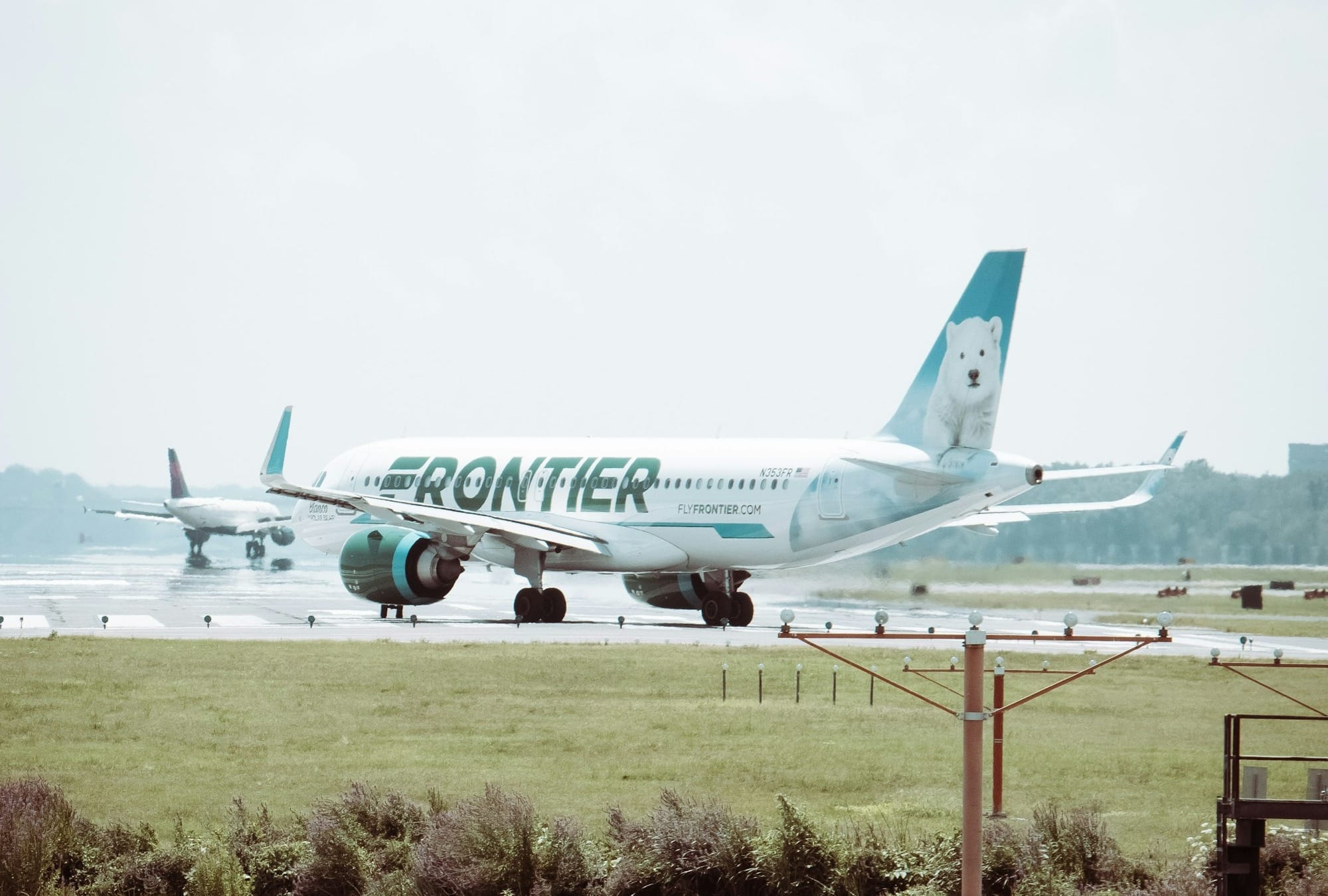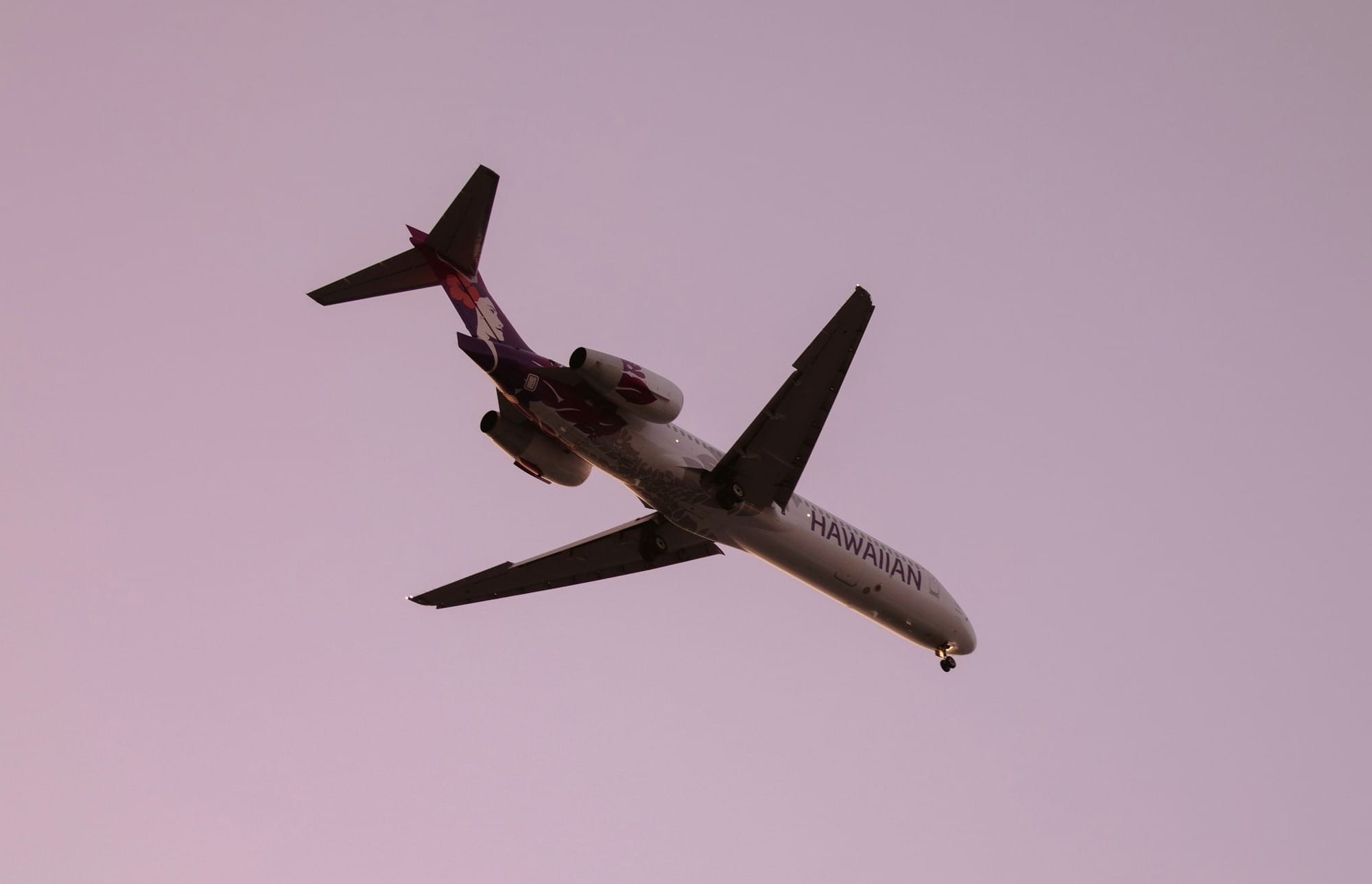British Airways Invests in Sustainable Aviation Fuel to Reduce Carbon Footprint
British Airways, the UK's flagship carrier, has made significant strides in its commitment to reducing its carbon footprint through substantial investments in sustainable aviation fuel (SAF).

British Airways Invests in Sustainable Aviation Fuel to Reduce Carbon Footprint
Key Takeaways
- British Airways is committed to achieving net-zero carbon emissions by 2050.
- The airline has made significant investments in sustainable aviation fuel (SAF).
- Partnerships with Phillips 66, LanzaJet, and Velocys are crucial to their SAF strategy.
- British Airways aims to power 10% of its flights with SAF by 2030.
- The airline is also investing in fleet modernization and zero-emissions technologies.

The Shift to Sustainable Aviation Fuel
British Airways, the UK's flagship carrier, has made significant strides in its commitment to reducing its carbon footprint through substantial investments in sustainable aviation fuel (SAF). This move aligns with the airline's ambitious goal of achieving net-zero carbon emissions by 2050, positioning itself as a leader in the aviation industry's efforts to combat climate change.
Quantifiable Impact on Carbon Reduction
British Airways has been at the forefront of adopting SAF as a key component of its sustainability strategy. In a groundbreaking development, the airline became the first in the world to start using SAF produced on a commercial scale in the UK. This milestone was achieved through a partnership with Phillips 66 Limited, which is producing thousands of tonnes of SAF at its Humber Refinery near Immingham.
The SAF produced by Phillips 66 is derived from sustainable waste feedstock, making it a significantly greener alternative to traditional jet fuel. British Airways has integrated this SAF into the existing pipeline infrastructure that directly feeds several UK airports, including London Heathrow. This integration ensures a seamless supply of sustainable fuel to power a number of British Airways flights.
Long-term Commitment and Investment
The impact of this initiative is substantial. The SAF procured by British Airways is expected to reduce lifecycle CO2 emissions by almost 100,000 tonnes. To put this into perspective, this reduction is equivalent to powering 700 net-zero CO2 emissions flights between London and New York on the airline's fuel-efficient Boeing 787 aircraft. This significant reduction demonstrates the tangible benefits of SAF in mitigating the aviation industry's environmental impact.
Partnerships and Collaborations
British Airways' commitment to SAF is part of a broader, long-term strategy. The airline's parent company, International Airlines Group (IAG), has pledged to invest $400 million over the next 20 years into the development of SAF. This substantial financial commitment underscores the airline's dedication to sustainable practices and its recognition of SAF as a crucial element in achieving its environmental goals.
Furthermore, British Airways has set an ambitious target of powering 10% of its flights with SAF by 2030. This goal is in line with IAG's commitment and demonstrates British Airways' proactive approach to reducing its reliance on fossil fuels.
Government Support and Industry Leadership
British Airways' efforts extend beyond its partnership with Phillips 66. The airline has formed multiple collaborations to advance the development and production of SAF. Notable among these is its partnership with LanzaJet, which will provide SAF for British Airways' US fuel supply chain starting in 2024.
Another significant partnership is with Velocys, aimed at building a plant in Humberside that will convert household and commercial waste into SAF. These collaborations highlight British Airways' comprehensive approach to ensuring a stable and diverse supply of sustainable fuel.
Technological Advancements and Fleet Modernization
The airline's initiatives align with and support the UK government's plans for a future SAF mandate. British Airways is actively participating in the Department for Transport's Jet Zero Council Delivery Group, working alongside the government to provide certainty for investors and establish the UK as a leader in SAF production.
Transport Secretary Grant Shapps has praised British Airways' efforts, noting that the airline's use of UK-produced SAF at scale is "an important milestone towards our ambitious Jet Zero targets." This government recognition underscores the significance of British Airways' initiatives in the broader context of national environmental policies.
Customer Engagement and Carbon Offsetting
In addition to its focus on SAF, British Airways is investing in other technological advancements to reduce its carbon footprint. The airline is modernizing its fleet with new, more fuel-efficient aircraft that are up to 35% more efficient than the ones they replace. This fleet modernization complements the SAF initiative, creating a multi-faceted approach to emissions reduction.
British Airways is also exploring cutting-edge technologies such as zero-emissions hydrogen-powered aircraft. The airline has invested in ZeroAvia, a company developing hydrogen-electric power for commercial aircraft. In January 2023, ZeroAvia completed the world's first hydrogen-electric fuel cell powered flight of a commercial-grade aircraft, marking a significant milestone in the pursuit of zero-emissions aviation.
Environmental Management and Certification
Recognizing the role of customer engagement in sustainability efforts, British Airways has introduced initiatives to involve passengers in its carbon reduction journey. Through its onboard Speedbird Café menu app, customers on short-haul European flights can contribute to carbon offset projects. For a £2.50 contribution, which represents the carbon compensation of an average British Airways European return flight per customer, funds are invested in verified CO2 emissions reduction and avoidance projects.
Additionally, the airline has launched the CO2llaborate platform, allowing customers to calculate and act on their carbon emissions for international flights. This platform enables passengers to contribute to verified climate projects, including carbon removals and SAF initiatives, directly from their seats on board.

Advertising
Challenges and Future Outlook
British Airways' commitment to environmental sustainability extends beyond fuel and emissions. In November 2023, the airline successfully completed the IATA Environmental Assessment (IEnvA) Stage 2 certification. This rigorous external environmental system certification process demonstrates British Airways' dedication to robust compliance and adherence to environmental regulations.
The IEnvA environmental management system follows a Plan, Do, Check, and Act cycle, ensuring that the organization continually reviews, evaluates, and improves its environmental performance. This certification covers various aspects of environmental management, including legal compliance, reporting of environmental incidents, training, and internal audits.
Conclusion
While British Airways has made significant progress in its sustainability efforts, challenges remain. The aviation industry as a whole faces the complex task of balancing growing travel demand with environmental responsibilities. The development and scaling of SAF production, as well as the advancement of zero-emissions technologies, require continued investment and innovation.
However, British Airways' proactive approach and substantial investments position it well to navigate these challenges. The airline's commitment to powering 10% of its flights with SAF by 2030 and achieving net-zero emissions by 2050 sets a high bar for the industry.
Summary
British Airways' investment in sustainable aviation fuel represents a significant step forward in the airline's efforts to reduce its carbon footprint. By becoming the first airline to use UK-produced SAF at scale, partnering with key industry players, and investing in future technologies, British Airways is demonstrating leadership in aviation sustainability.
The airline's multi-faceted approach, combining SAF adoption, fleet modernization, technological innovation, and customer engagement, provides a comprehensive strategy for addressing the environmental challenges facing the aviation industry. As British Airways continues to progress towards its ambitious sustainability goals, it not only contributes to the reduction of aviation's environmental impact but also sets a precedent for other airlines to follow in the pursuit of a more sustainable future for air travel.
Q&A Section
Q: What is British Airways' target for SAF usage by 2030? A: British Airways aims to power 10% of its flights with sustainable aviation fuel (SAF) by 2030.
Q: How much CO2 emissions reduction is expected from British Airways' SAF initiative? A: The SAF procured by British Airways is expected to reduce lifecycle CO2 emissions by almost 100,000 tonnes.
Q: What are some of the key partnerships British Airways has formed for SAF development? A: British Airways has partnered with Phillips 66, LanzaJet, and Velocys to advance the development and production of SAF.
Q: What technological advancements is British Airways investing in to reduce its carbon footprint? A: British Airways is modernizing its fleet with more fuel-efficient aircraft and exploring zero-emissions hydrogen-powered aircraft through its investment in ZeroAvia.
Q: How is British Airways involving customers in its sustainability efforts? A: British Airways has introduced initiatives like the Speedbird Café menu app for carbon offset contributions and the CO2llaborate platform for calculating and acting on carbon emissions for international flights.







